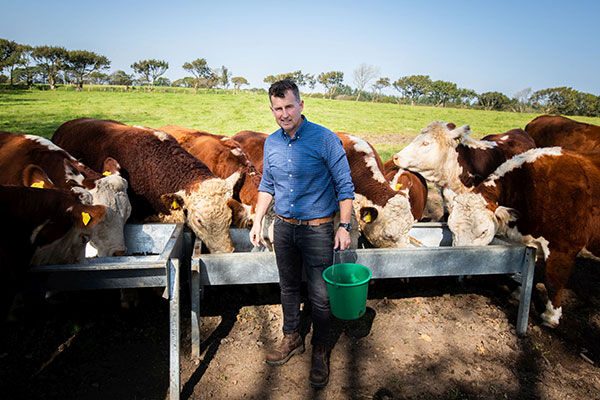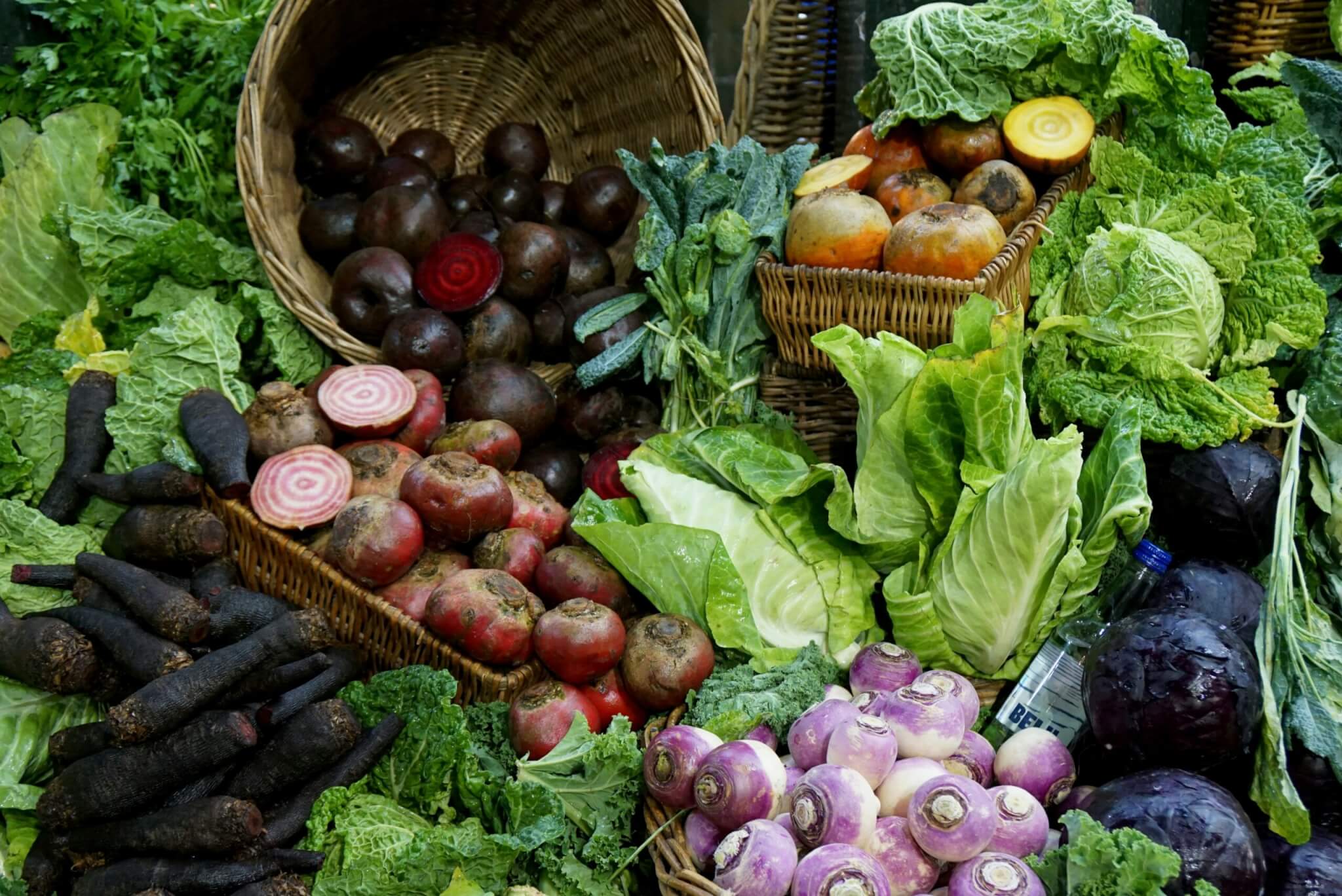One quarter of Brits now shop in local shops and farm stores instead of supermarkets while two thirds say they will now buy more homegrown produce as a result of the pandemic and Brexit.
The survey of 2,000 British adults, which was commissioned by Barclays Bank and carried out by Opinion Poll, also found one in seven people had never visited a farm shop prior to the pandemic, but now visit regularly. Two-thirds of those asked now look for more home-grown and seasonal produce as a result of the pandemic and Brexit.
Lockdown caused a spike in home delivery across the UK and some difficulties in gaining delivery slots with major supermarkets, leading to people turning to local food networks and veg box suppliers to secure their weekly groceries.
Over half of those surveyed believe grocery shopping from local stores and farm shops is better for the environment, and 45 per cent think purchasing from these outlets helps them to better understand where their produce has come from.
The results come as Barclays launched a new campaign, fronted by international rugby referee and Welsh farmer Nigel Owens, to show how greener shopping habits can help farmers move towards net zero targets.

“Looking at ways the economy can recover post-pandemic, we all have to realise our individual and collective roles in helping the nation become more aligned with its sustainability goals,” said Owens. “We must move forwards together, like a collective scrum pushing towards the touch line, to achieve the carbon net zero targets the farming industry has set for itself.”
“We can do this by learning about our food, where we should buy it from and understand how farms in the UK are making progress to become carbon neutral. It’s great that consumers have started shopping locally, which means that they are more aware of the environmental impact of the food they put on their tables.”
Nearly half of those surveyed (49 per cent) suggest they would like to see a dedicated aisle in shops for sustainably-sourced foods, and 61 per cent think that shops need to provide better information on how shoppers can improve their carbon footprint.
Farmers set sights on green goals
Barclays also commissioned a survey of 1,000 UK farmers, and found that eight in ten believe they could be carbon neutral by 2035, five years ahead of the NFU’s target.
The bank has launched a £250 million fund for farmers to help them invest in projects include carbon accounting, soil health and carbon sequestration.
One in six (16 per cent) believe that they have already reached this goal, while 65 per cent agree the pandemic has been the catalyst for increasing their sustainability. In response to the demand for local produce, two thirds (66 per cent) of farmers said they are planning to sell at least some of their produce locally within the next three years.
“Consumer awareness of their own environmental impact has increased exponentially over the last few years, and it’s great to see that Brits are supporting farmers in becoming carbon net zero with new shopping commitments,” said Barclays’ head of agriculture, Mark Suthern.
“UK farming businesses are already making huge strides in meeting the 2040 target set by the National Farmers Unions to become carbon neutral, but it’s important that we, as consumers, recognise the importance of supporting the sector to meet that target.”












“Over half of those surveyed believe grocery shopping from local stores and farm shops is better for the environment, and 45 per cent think purchasing from these outlets helps them to better understand where their produce has come from.”
Unfortunately, numerous peer reviewed studies show that food miles are not generally a significant component of the carbon footprints of most foods (https://ourworldindata.org/environmental-impacts-of-food#the-carbon-footprint-of-eu-diets-where-do-emissions-come-from). What you eat will generally have a far greater impact on your carbon footprint than the distance your food has travelled.
“The bank has launched a £250 million fund for farmers to help them invest in projects include carbon accounting, soil health and carbon sequestration.”
While I’m sure such funding has the potential to contribute to the mitigation of agricultural emissions, it should not be forgotten that, amongst high street banks in the UK, Barclays has one of the largest investment portfolios in the dirtiest forms of fossil fuel mining (https://www.theguardian.com/business/2019/may/07/barclays-bank-fossil-fuel-funding-protests-to-spread-worldwide-momentum).
I don’t wish to dismiss the benefits of such green finance, but when they are vastly outweighed by simultaneous investments in climate destruction, such gestures must be seen in their true light – as greenwash.